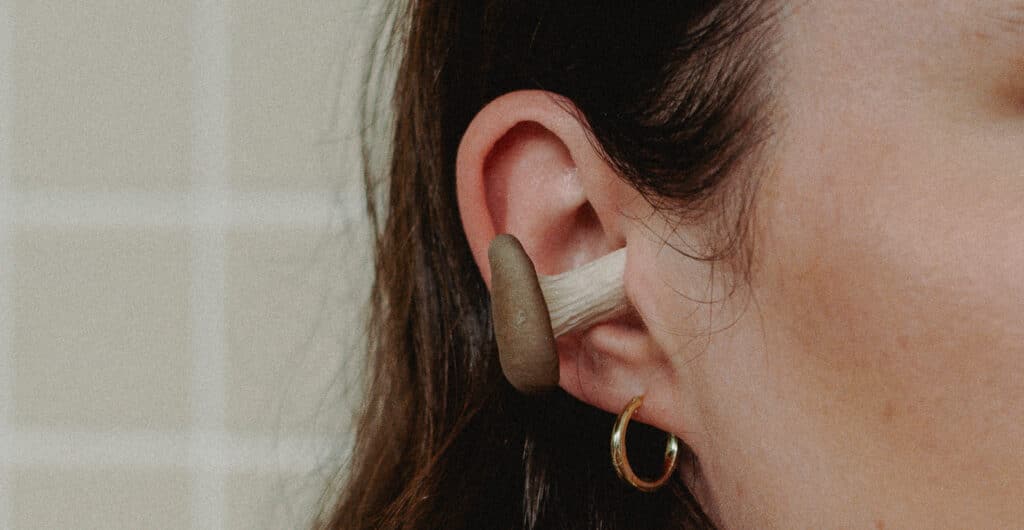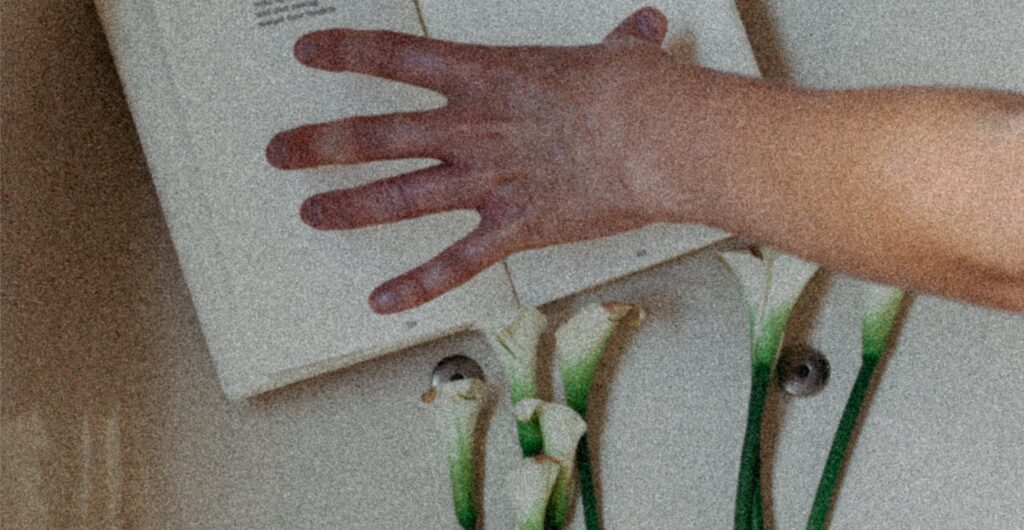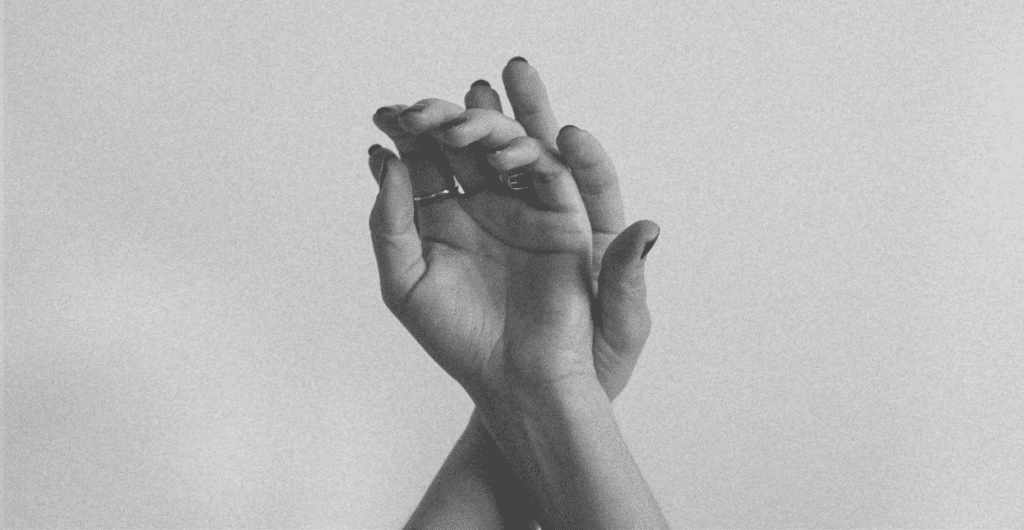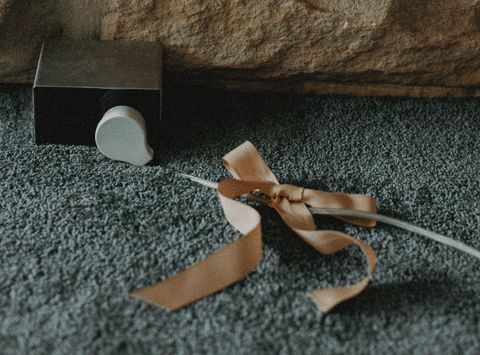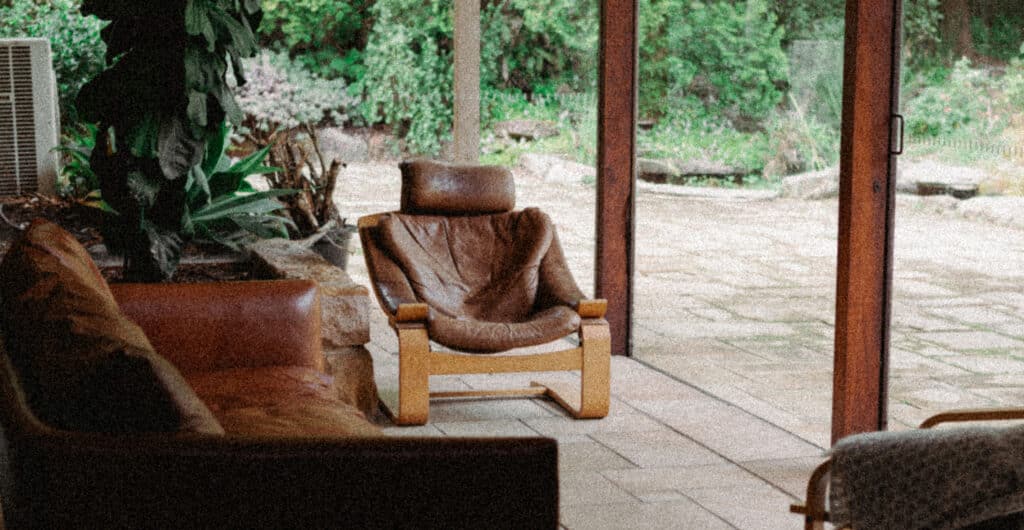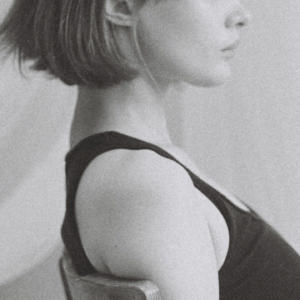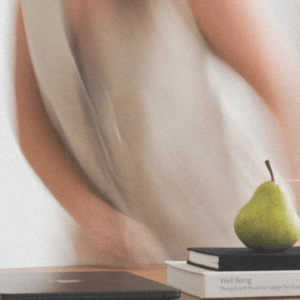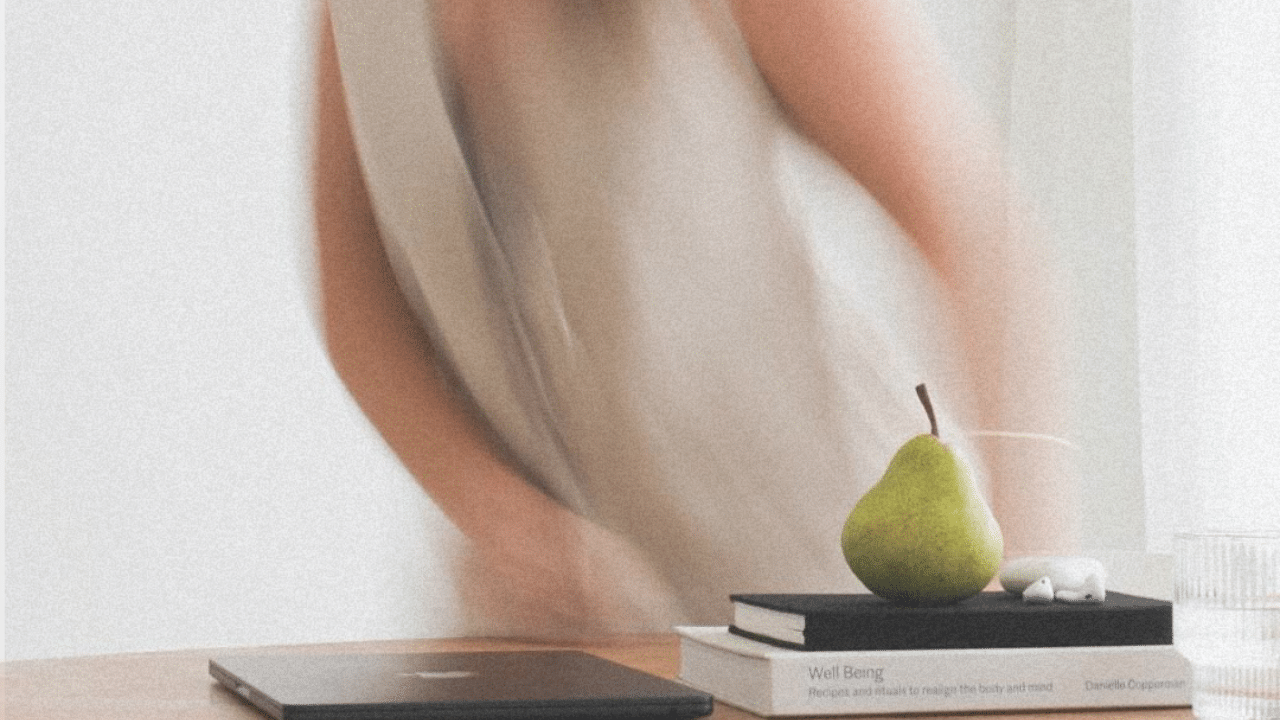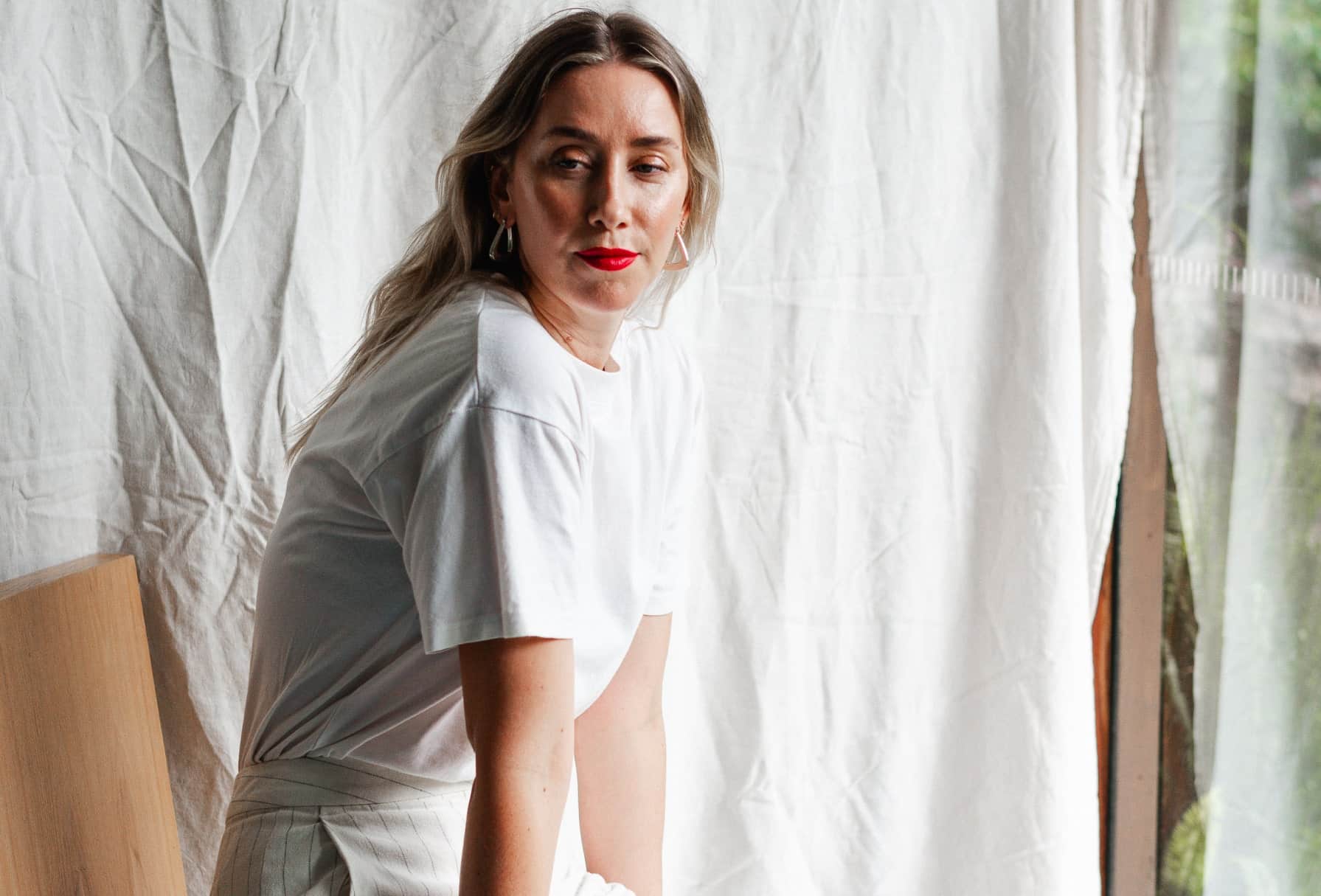Ram Dass once said, “If you think you’re enlightened, go spend a week with your family.” He may as well have said, go spend a week at work.
Conflict in the workplace is almost inevitable, isn’t it? These times can be deeply unsettling because, like our families, our jobs mean something to us and hold a level of control over us that threatens our safety. However, it can also hold the potential for profound personal growth and evolution.
Imagine it like I’m holding a cup high above your head, so you can’t see what’s inside. This cup contains something valuable to you — perhaps winning lotto numbers. Naturally, you’re eager to see what’s inside. However, I have no intention of giving up this prized information that easily. Now, picture the cup starting to shake and wobble until its contents begin to spill out. You might be annoyed if the cup’s contents spill onto your new, handwoven beige rug. But voilà, the shaking and spilling have revealed some crucial information. This is what we are trying to do. We are using this stirring up, this uncomfortable conflict for our benefit.
be kind and curious.
Your feelings are valid, so valid. What we are doing in these situations is being kind to ourselves and deeply curious. Work conflict sucks, it’s unfair and uncomfortable. It’s not about bypassing what is, but equally, we don’t want it to define and dominate our entire existence. That’s where we move into step two.
work with the process, not the content.
A powerful idea in therapy is to focus on the process rather than the content. The content is the specific details, the he said, she said nature of the conflict. While the process is about how the conflict makes you feel, the dynamics at play, and the underlying emotions and patterns you’re experiencing. In this step, we are beginning to shift our perspective from an external focus to one that’s internal.
Shifting from blame (content) to curiosity (process). We are trying to focus less on what exactly is going on with the other person and more on what’s going on inside ourselves.
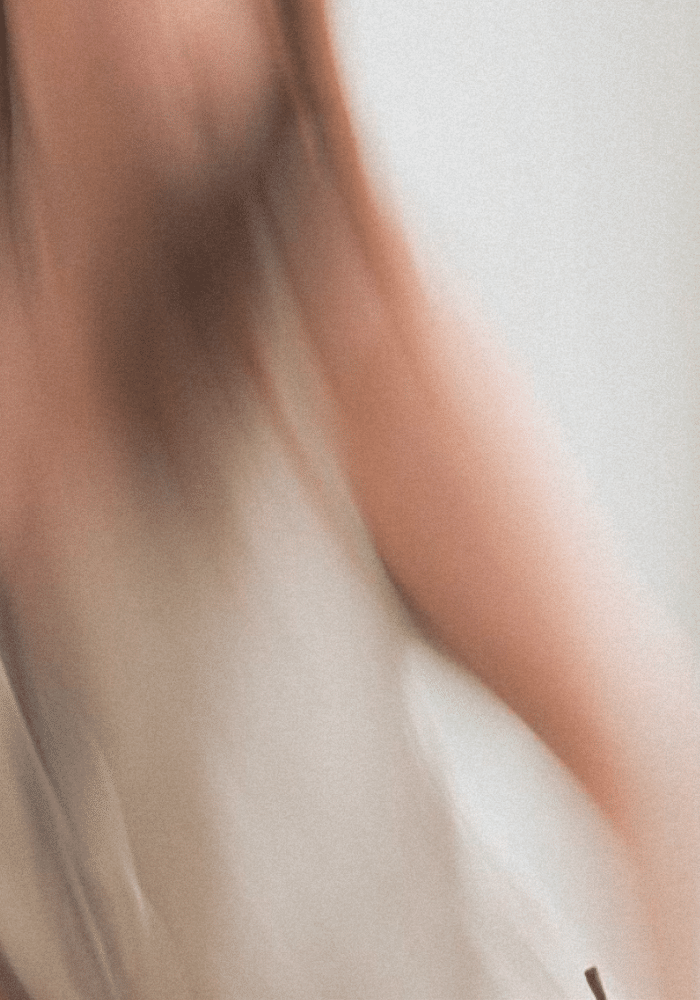
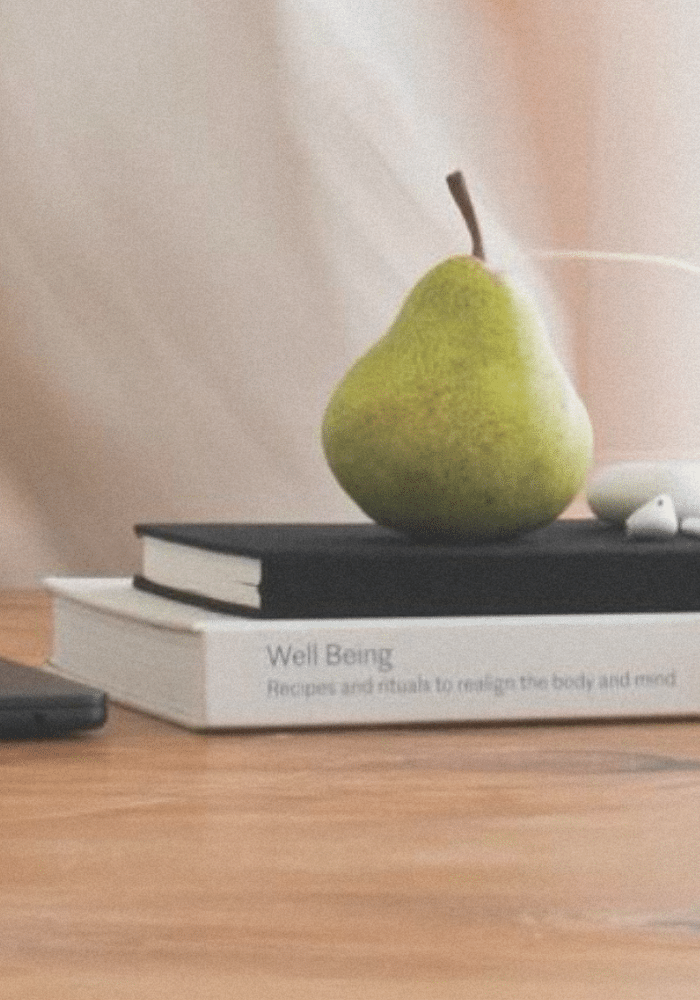
get out your journal.
We use our journal as a safe place to be completely honest with what is going on. You might notice that reflecting in a journal is very different to thinking about it or speaking about it with a friend. When we put pen to paper, writing curiously and honestly, something pretty special happens. We begin to access a new layer of understanding (our subconscious). As you journal you shift and stir valuable information, moving it from the unconscious mind to the preconscious, and then into the conscious mind. You may just find some pretty interesting insights, new memories and pathways out of the situation.
Make this practice feel really supportive and enjoyable. Get yourself a hot drink, light your incense or put on some comfy clothes. Then start by taking a moment to regulate yourself. This may be meditating, simply sitting in stillness and noticing your breath, or doing some light stretches to relax your mind and body. By taking a moment to relax and breathe deeply, our nervous system switches into rest and digest mode. Also called our parasympathetic, this mode relaxes our body but also oxygenates our thinking brain, our prefrontal cortex, which helps us think clearly. The perfect mode for journaling.
try these prompts.
- What is this conflict stirring up inside you? Consider the emotions you feel, the fears that arise, and the responses you have been having. What does this conflict/situation remind you of?
- Are these feelings familiar to you? Reflect on past experiences that might be influencing your current feelings. Notice how you respond to this conflict.
- Is it fight, flight, freeze, or fawn? Explore your instinctual responses and what they reveal about your coping mechanisms. If you sat in your highest expression, how would you like to move through this situation? What actions would you take? How would you communicate?
- What are your core beliefs? Write about any core beliefs or assumptions that might be contributing to your feelings about the conflict. Are there beliefs about yourself, others, or the world that are being challenged or pushed up against?
How can we use these moments as opportunities for profound growth? Yes, they may require you to clean that new rug, which may really piss you off. But the contents of the cup are well worth the effort.
hi, i’m daisy — offline’s resident journaling expert.
If you would like more support, you’re welcome to head to my website journl.co where you can find more prompts, shop my journals and explore my upcoming community journaling events. Find me on Instagram @journl.co.
